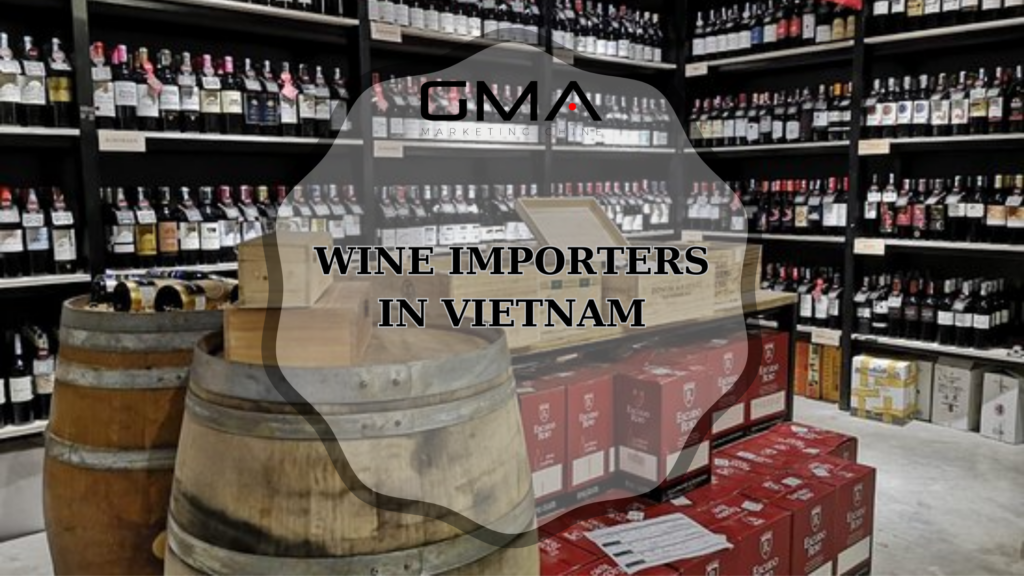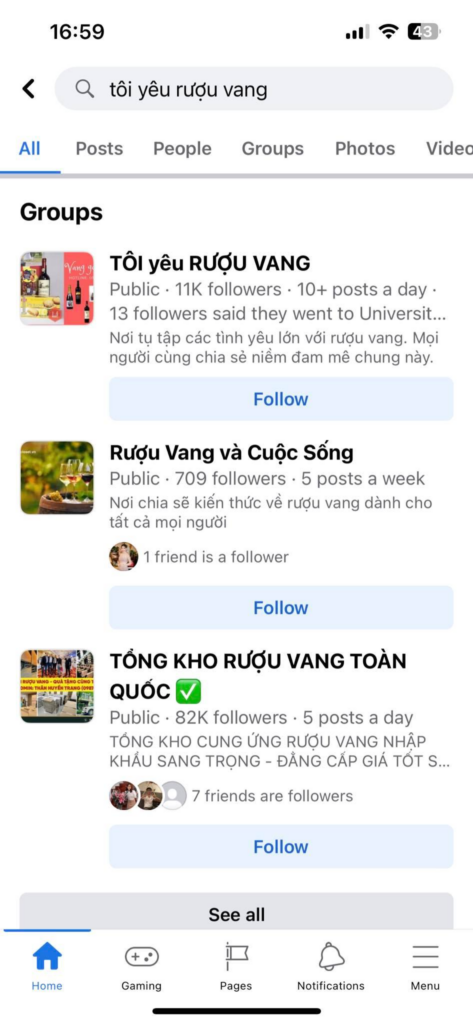
Vietnam is quickly becoming one of the most important markets for wine importers. With a growing middle class and a vibrant culinary scene, wine has become an increasingly popular beverage among Vietnamese consumers. However, importing wine to Vietnam can be a complex process, as the country has a unique set of regulations and cultural norms. In this essay, we will explore the five best ways to approach wine importers in Vietnam and build a successful partnership.
1. First Thing First, Understand The Local Market
Before reaching out to wine importers in Vietnam, it is essential to understand the local market. Vietnam ranks 2nd in Southeast Asia, and 3rd in Asia in terms of average alcohol consumption per person. Vietnam is a nation with a long tradition of drinking alcohol.
The Vietnamese drinking culture has differences in each class. Farmers have a habit of drinking alcohol during meals or at meetings with friends. As for businessmen, they invite each other to drink in communication sessions to meet partners according to the custom of “drinking is the beginning of the story” as a premise for socializing and understanding each other. Especially, the drinking culture of the intelligentsia has a very interesting point. They drink alcohol to get inspiration for composing and discussing literature, poetry, and science.
Not as complicated as foreigners, Vietnamese people in the drinking culture do not focus on rituals but just want to have complete and unstructured fun. Especially for the “comrades” on the wine table, they often don’t talk much nor have fancy greetings using only one-word “Dzoo!” instead of greetings that have not been seen for a long time, wishes for good health, words of encouragement, sharing joy together, expressing close friendship and mutual understanding.
Vietnamese consumers have a diverse range of tastes and preferences when it comes to wine. Some prefer red wine, while others prefer white wine or sparkling wine. Additionally, Vietnamese cuisine often involves bold and spicy flavors, which can affect the taste of the wine. It is important to research and understand these nuances to ensure that the wine you are importing will be well-received by Vietnamese consumers.
2. Establish A Strong Online Presence
In today’s digital age, having a strong online presence is crucial for any business. This is particularly true for wine exporters looking to enter the Vietnamese market. Vietnamese consumers are increasingly turning to online channels to research and purchase wine. As such, it is important to establish a strong online presence through social media, e-commerce platforms, and other digital channels. This will not only help you reach a wider audience but also build credibility and trust with potential partners and consumers.
Besides, Vietnamese people can find many wine forums on social media such as Facebook with 11,7k followers. They can search for information about how to choose the wine in the right way. If you are present there regularly, consumers will look for your brand and then distributors will have to search for you to propose a cooperation. Being popular online is actually a very good way to attract distributors.

3. Attend Industry Events and Trade Shows
Industry events and trade shows are a great way to connect with potential partners and distributors in Vietnam. These events provide an opportunity to showcase your products, network with industry professionals, and stay up-to-date on the latest trends and developments in the market. Some of Vietnam’s most important wine events include the Vietnam International Wine and Spirits Exhibition and the Vietnam Food Expo. Attending these events can help you establish a strong presence in the market and build relationships with key players in the industry.
4. Build Relationships With Local Wine Experts
Building relationships with local wine experts can be a valuable strategy for wine exporters in Vietnam. These experts can provide valuable insights into the local market, help you understand consumer preferences and tastes, and even provide recommendations for specific wines and varietals that may be well-suited for the Vietnamese market. Some of the key players in the Vietnamese wine industry include wine journalists, sommeliers, and wine educators. Building relationships with these individuals can help you establish credibility and trust with potential partners and consumers.
Many wine distributors in Vietnam

5. Understand The Regulatory Landscape
Importing wine to Vietnam involves navigating a complex set of regulations and requirements. It is important to understand these regulations and ensure that you are in compliance with all applicable laws and regulations. Some of the key regulations that wine importers should be aware of include labeling requirements, import permits, and customs clearance procedures. Working with a reputable customs broker or logistics provider can help ensure that your products are imported smoothly and efficiently.
Wrap Up
In conclusion, the wine market in Vietnam is considered to be a dynamic and rapidly evolving market with both opportunities and challenges. With a large and growing consumer base, both domestic and international companies have significant opportunities to succeed in this market, but also face intense competition and a complex regulatory environment. As such, companies looking to enter or expand their presence in Vietnam’s wine market must be attuned to the trends and drivers, and adopt effective strategies to differentiate themselves and capture market share.

1 comment
Gopal K Joshi
We are keen to enter into Vietnam, Philippines, & Indonesia markets for launching our Altamura Vodka and other brands. Please help us in understanding the RTM and how can we appoint importers in these countries.